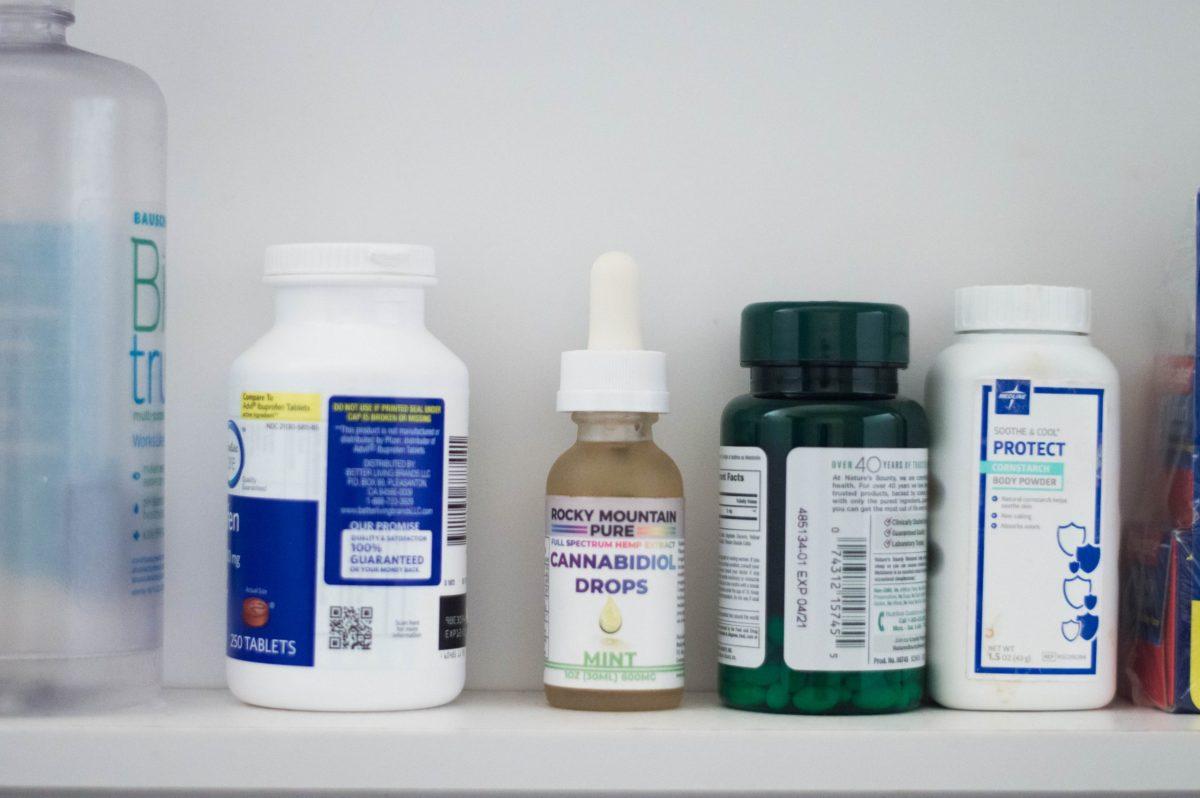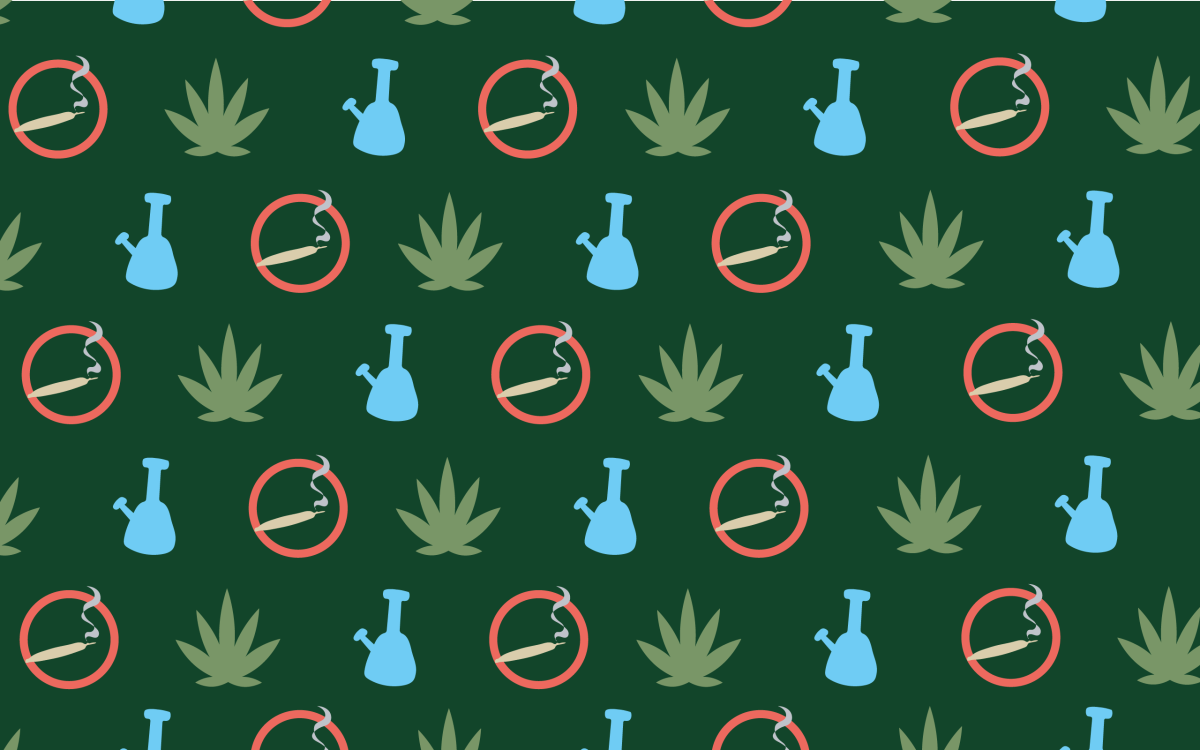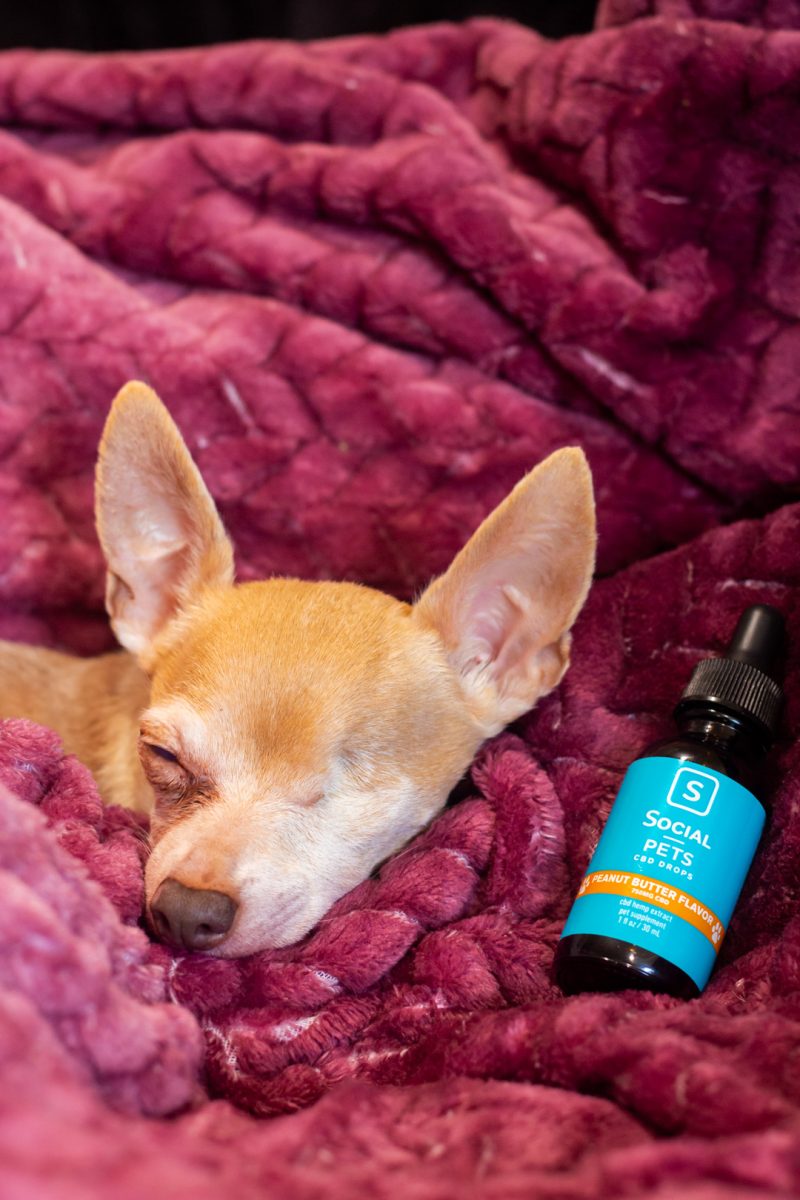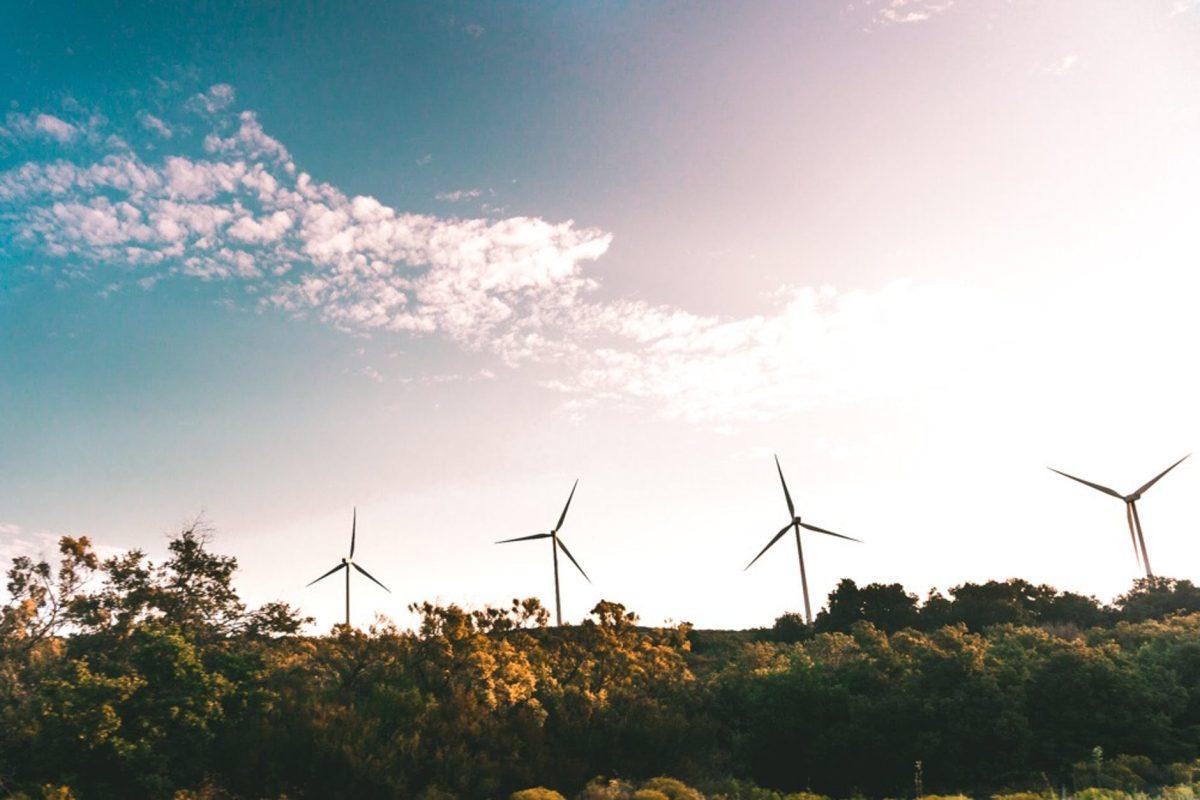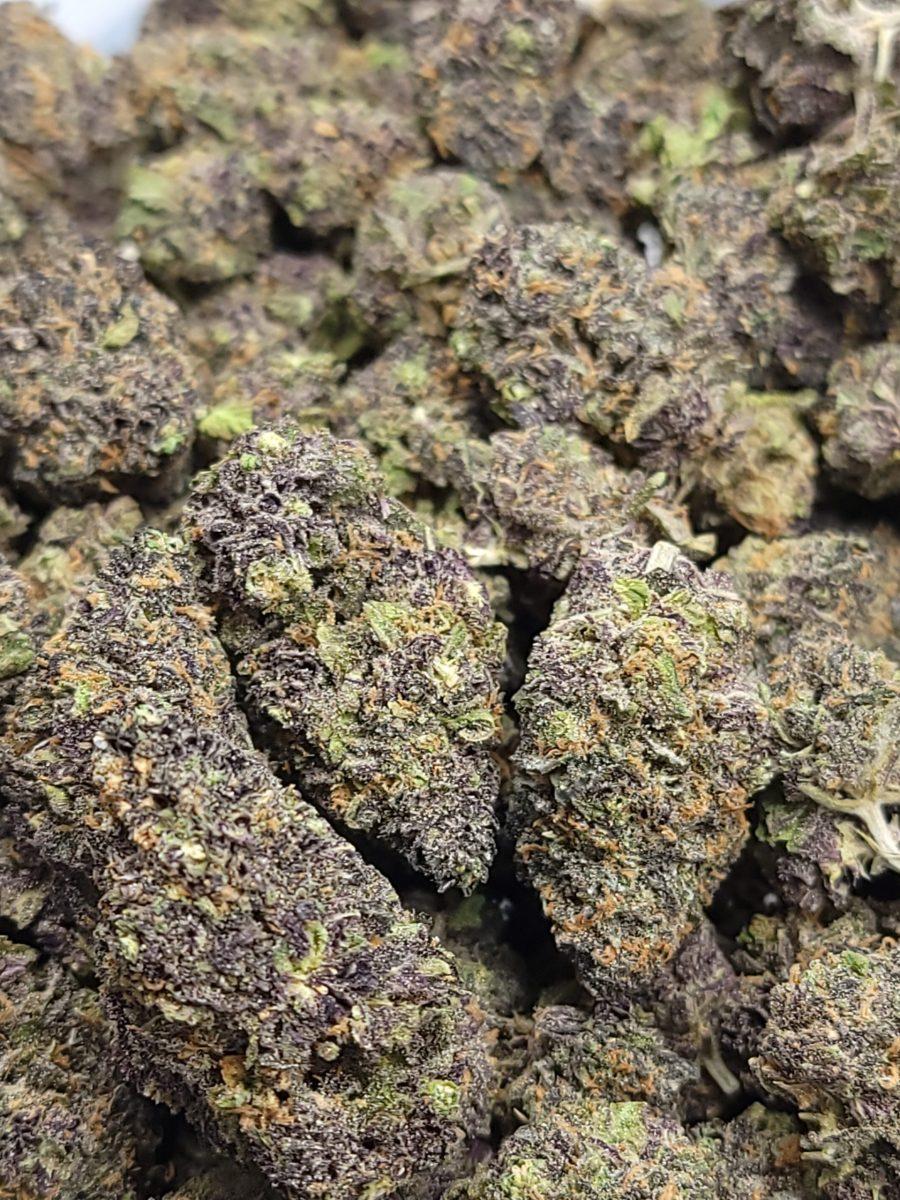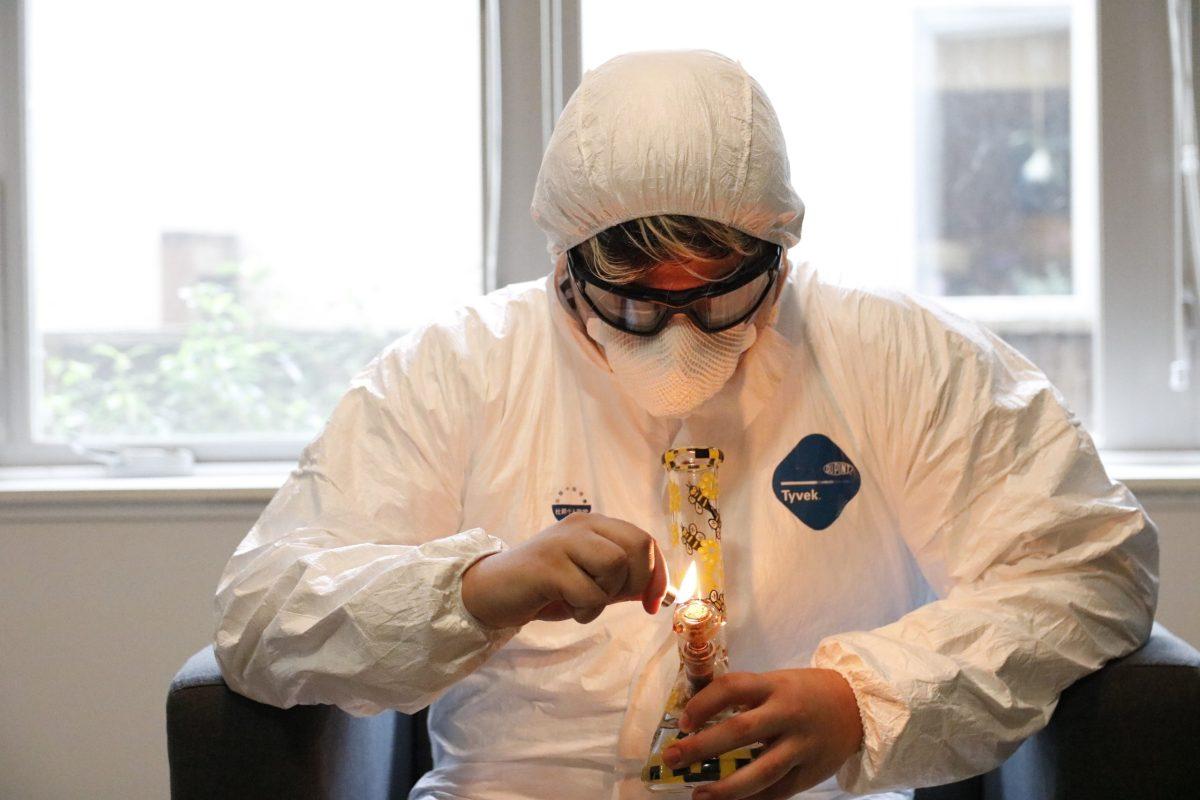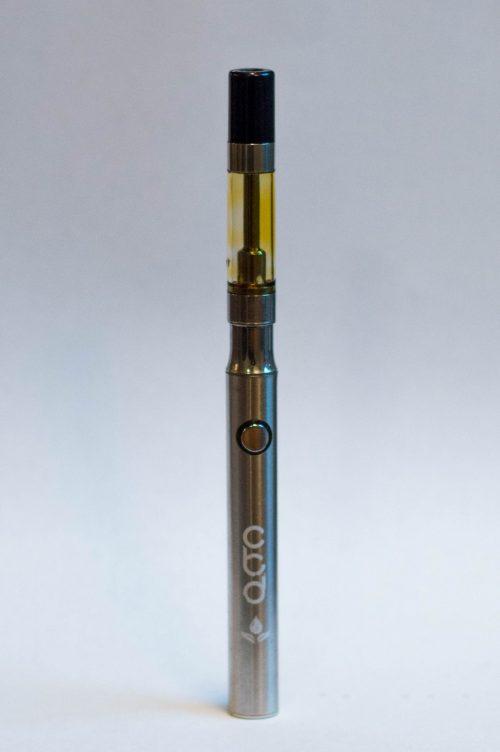There has been a lot of buzz surrounding cannabidiol, or CBD, and while the FDA still restricts its use in food and beauty products, hundreds of new products have begun popping up since the enactment of the Hemp Farming Act of 2018. So with all these products filling the shelves, what is the deal and what exactly is legal? How can one tell a quality hemp CBD product from an inferior hemp CBD product?
As of August 2019, the DEA has retracted the status of CBD derived from cannabis from the Schedule 1 list, which means many new (and old) companies are hopping on the CBD bandwagon. At the end of October, the United States Department of Agriculture sent out interim rules for hemp production and testing. Currently, farmers can be issued a license for hemp production under their state or tribes’ own hemp regulation program or through the USDA. Individual states still have the right to make the production of hemp and hemp products illegal. Even though some states still have hemp production bans in place, the USDA reassured producers in legal states that interstate transfers of hemp may not be seized in states where hemp production is illegal.
While people often confuse hemp and cannabis, they are the same species of plant. Hemp has served as a legal definition for cannabis with less than 0.3% THC for the better part of its cultivation in the United States. Both cannabis and “hemp” varieties have the ability to produce high amounts of CBD. Hemp can also be grown for seed and fiber, which produce oils for beauty and food products and material for cloth. CBD products can come in many different forms, some of the most popular being edibles, tinctures and topicals, such as lotions and salves. CBD has also been seen in hair care products, beauty products, beverages and even clothing. To note, products using hemp seed oil will not always contain CBD. If the product has only hemp seed oil, then there will be little to no chance of CBD being present in the formulation. If the product uses hemp seed oil as a carrier for the CBD oil, then there will be CBD (and potentially other cannabinoids) present.
So what exactly is it that makes a CBD product worthwhile? CBD products can be made using three different CBD infusions: full-spectrum, broad-spectrum and isolate. Full-spectrum CBD is made using whole-plant extract and will contain at least the legal limit of total THC, 0.3%, and may contain other amounts of cannabinoids. Broad-spectrum CBD is similar to full-spectrum CBD, but with an extra step of extraction to pull out any THC that may be present. Isolated CBD is made from an extract that has had all other cannabinoids pulled from the oil and is typically at 99% purity. The number one thing consumers should look for in a CBD brand is those who have both full and broad-spectrum CBD products. While full-spectrum is highly recommended for help with pain, loss of appetite and nausea, it can also cause anxiety in some, as well as a positive drug test. If you are worried about a drug test, look for either broad-spectrum or isolate based products. Quality products include brands that source their flower from a trusted farm. Farms in California, Colorado, Oregon and Washington all have rigorous testing standards for their hemp and many of the “craft” hemp farms are located in these states. In addition to this, companies that can supply you with a verifiable lab report from an ISO 17025 certified lab are at the top of the list for having a higher quality product.
Now, how exactly do these CBD products work?
First, let us start by saying that there are two types of cannabinoid receptors present throughout the body, CB1 and CB2. CB1 receptors are found all throughout the body and are mainly located in the brain. CB2 receptors are mainly found in the peripheral nervous system, gut and immune cells. CBD has a weak binding affinity for both the CB1 and CB2 receptors and instead plays a more indirect role in regulating cannabinoid receptors.
CBD is also known to mediate the intoxication affects many people feel with THC. This happens because CBD blocks THC molecules from binding to more receptors by attaching to what is called an allosteric binding site. Think of it as if you were trying to put a key into a keyhole that a substance like gum had been stuffed into.
Indirect pathways in which CBD interacts with include those involved in anxiety, depression, pain, cancer cell growth and even heart health. For anxiety, CBD has various mechanisms of action by which it may contribute to combating the symptoms. CBD can mediate the 5-HT1A receptor, which is one that serotonin interacts with. Serotonin is involved in a variety of actions such as anxiety, addiction, nausea, sleep, pain perception and vomiting.
In addition, CBD can inhibit the reuptake of adenosine through the GPR55 receptor, which helps contribute anti-inflammatory effects, as well as the anti-anxiety effects. This inhibition increases the amount of adenosine within the synapse of a neurotransmitter, allowing for more transmission of adenosine through your system. Because of this, CBD can also help regulate coronary blood flow and oxygen flow throughout the heart muscles. Referencing back to the GPR55 receptor, when it is activated, it promotes the growth of cancerous cells. CBD is able to help fight the growth of cancerous cells by blocking the activation of the GRP55 receptor. Activation of the GPR55 can also be thought of as like a key fitting into a keyhole while blocking it can be thought of as the gum that blocks keys from fitting.
Overall, CBD is a wildly new research topic with human clinical trials just beginning to pop up in various countries. There is so much that we don’t know about the cannabis plant and scientists are itching at the possibilities for treatments of epilepsy, anxiety, psychotic disorders, cancer and pain. Everyone has their own unique endocannabinoid system, so it is important to remember that cannabis products are not a one size fits all deal. It may take some trial and error to find that perfect product, so don’t be afraid to try various quality brands. Now, this doesn’t mean that the products that didn’t work for you aren’t quality products, maybe there was just too much of a certain terpene or cannabinoid that your body doesn’t like, or maybe it was grown with outdoor flower and was contaminated with an allergen your body is sensitive to. Consumer safety is very important, and thus education is key. Brands that I personally recommend include; Sun God Medicinals, Angel Hemp (Angel Industries), Empower, grön and Wyld.

